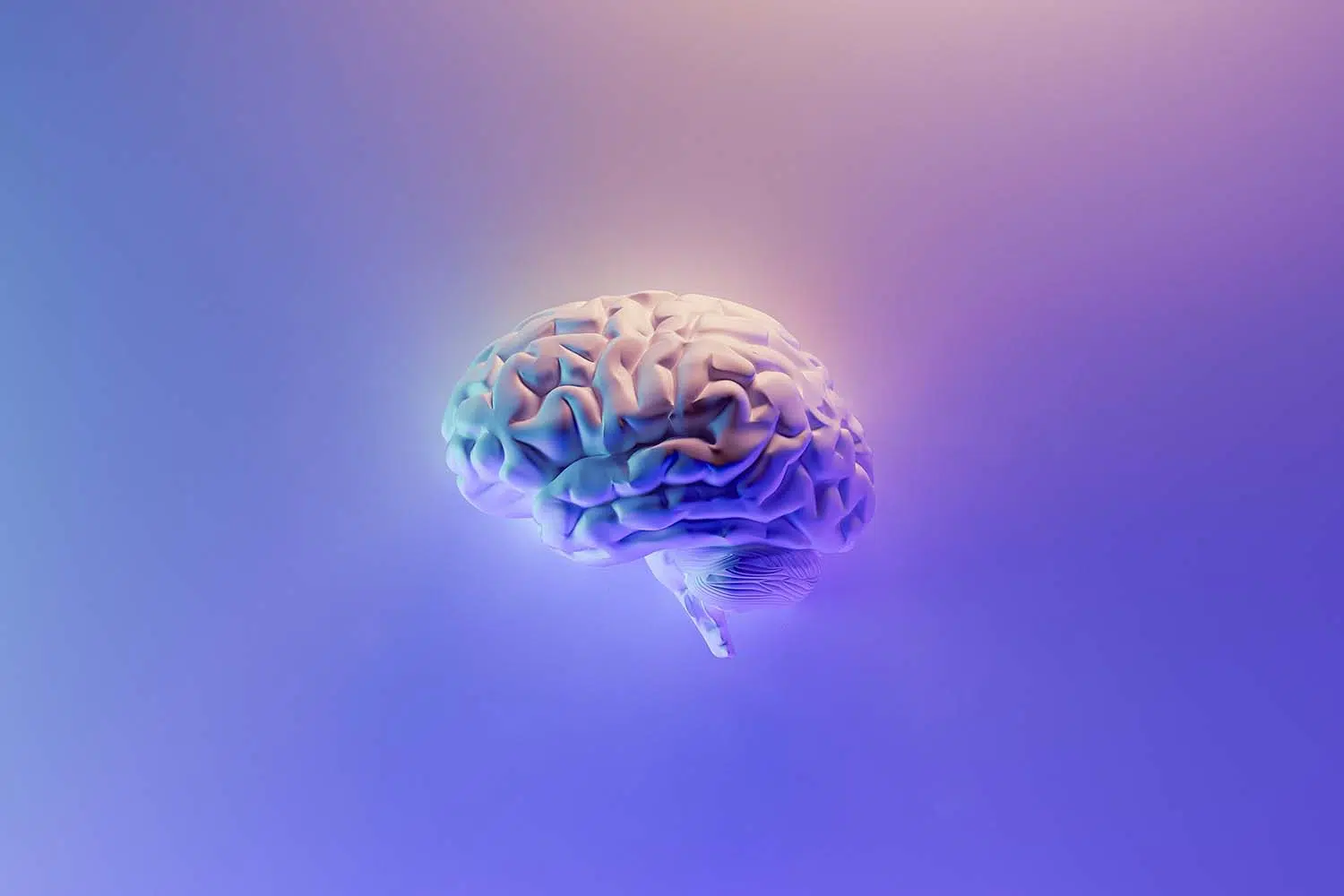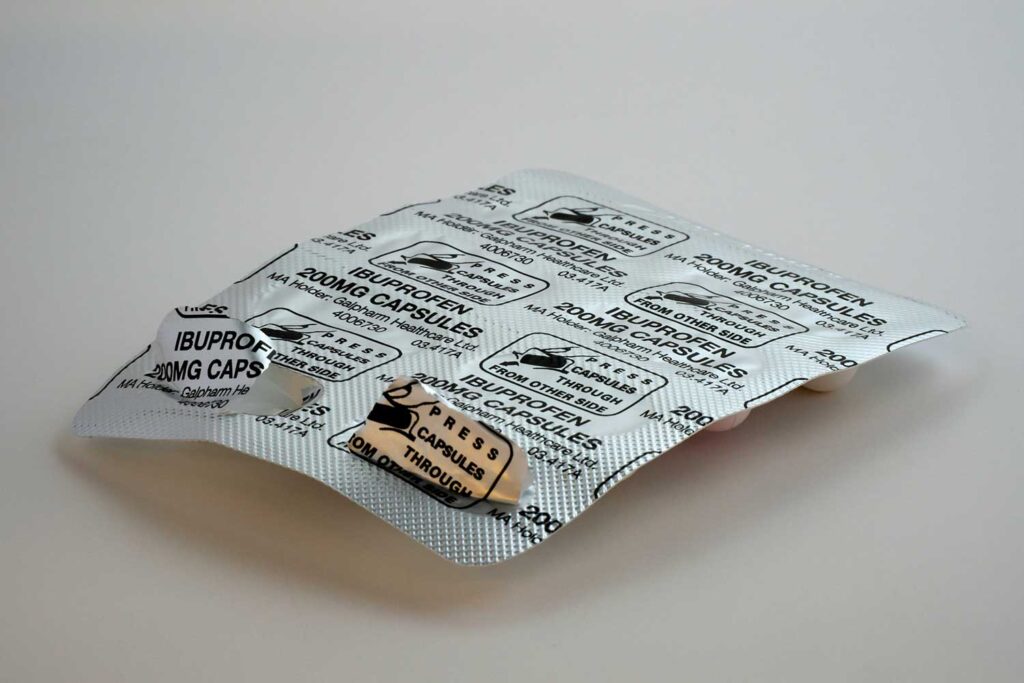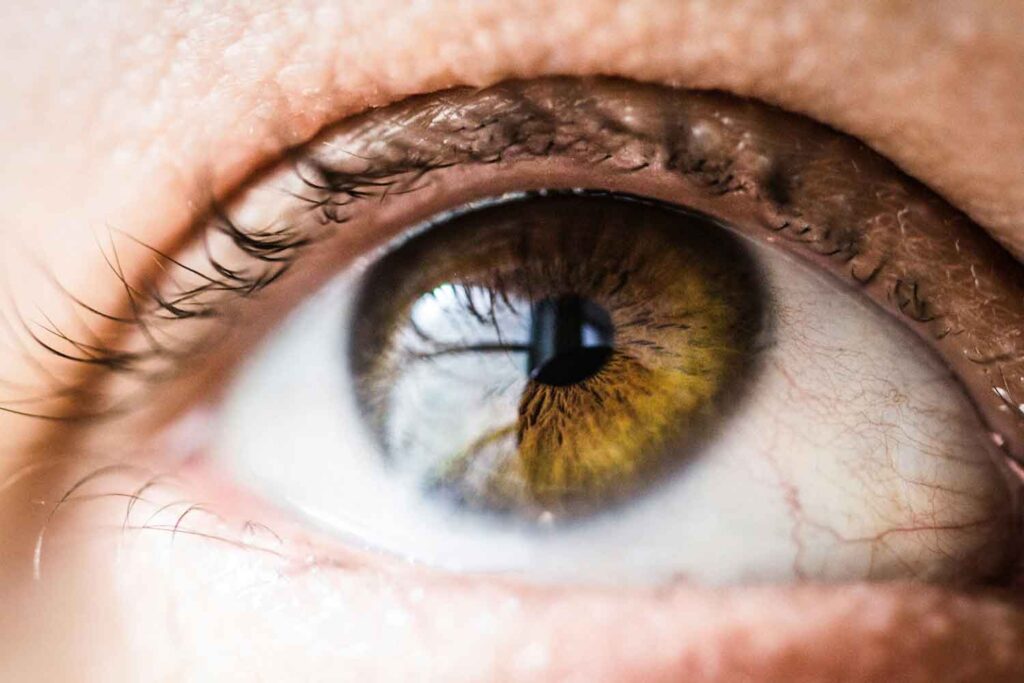Does Weed Permanently Damage Your Brain?

We know that marijuana affects the brain. If it didn’t, you wouldn’t be able to feel high, after all. Endocannabinoids and their receptors can be found in the brain. In addition to that, we know that there are both short-term and long-term effects of weed on the brain. But, does weed permanently damage your brain? Here’s what we know.
Photo: Unsplash
Does Weed Cause Permanent Brain Damage?
According to a 2003 study, weed does not permanently damage your brain.
Researchers found that chronic weed use may cause, “decrements in the ability to learn and remember new information”. However, cognitive functions remain unaffected. Therefore, the study doesn’t show that daily or chronic weed use causes permanent brain damage.
Igor Grant, MD, lead researcher, and psychiatrist told Web MD, back in 2003 that the results were surprising. Grant said, “I suppose we expected to see some differences in people who were heavy users, but in fact, the differences were very minimal.”
Another study didn’t find any relevant differences in the brains between people who used weed and those who didn’t. This specific study examined the impact of cannabis use on brain structure among twins or siblings. The researchers found that cannabis exposure was related to smaller left amygdala and right ventral striatum volumes. However, it’s within normal variation.
A 2003 review also supports the claim that there isn’t any evidence that weed causes permanent brain damage. The review said besides, “mild cognitive impairment in chronic cannabis users there is little evidence that such impairments are irreversible” The study continues, “or that they are accompanied by drug-induced neuropathology”.
In addition to that, a 2006 study says there was no evidence of long-term damage to working memory and selective attention. The participants in this study were frequent cannabis users. The researchers conducted tests after a week of abstinence from weed. However, the study still stated that “frequent cannabis use may affect brain function, as indicated by altered neurophysiological dynamics in the left superior parietal cortex during working memory processing.”
Weed and Permanent Brain Damage
Even though many studies can’t prove long-term damage, one study may have found permanent damage. This particular study followed over 1000 people from birth to age 38. Cannabis use is associated with:
- neuropsychological decline (broadly across domains of functioning)
- more cognitive problems
- more persistent use associated with greater decline
The long-term problems mentioned are more associated with people who used weed as teens.
You may be thinking, how do we know we know this is permanent damage?
Well, the study says that stopping cannabis use didn’t fully restore the neuropsychological functioning of the people who used weed as teens.
The study also presented data displaying greater IQ decline from childhood to adulthood in persistent cannabis users. Other studies have also shown a decline in IQ but cannabis may not be to blame.
Scientific American says it’s possible that other factors were at play such as behavioral or environmental factors.
Let’s further examine the relationship between weed and adolescent brains.
Does Weed Permanently Damage Adolescent Brains?
Grant stated the results of the 2003 study could be different if they looked at another age group, like teens. The nervous system is still developing and so it’s not impossible that weed could cause permanent brain damage. As a matter of fact, weed is not recommended for teens .
A study looked at the impact of marijuana use on teens and emerging adults (18-26). That study concluded that marijuana exposure causes
- poorer psychomotor speed
- sustained attention
- cognitive inhibition
These results were in a dose-dependent manner in young adults. The study also noted that these results were consistent with other samples of adolescents. Additional research is required to examine the neural substrates underlying the cognitive deficits. In addition to that, research is needed to determine whether cognitive rehabilitation or exercise interventions could help emerging adults.
In a study conducted on monkeys, the researchers concluded, “persistent effects of THC on cognitive abilities are more evident when exposure coincides with the developmental stage during which the underlying neural circuits are actively maturing.” That means using marijuana before adulthood can have a greater effect on your brain.
On the contrary, this study concludes that adolescent cannabis use doesn’t cause lasting structural brain differences. This was a longitudinal study of 1000 boys. After looking at several areas of the brain, researchers weren’t able to find any differences in brain structure.
Conclusion
Does weed permanently damage your brain? We’re not sure. The research is leaning towards the fact that it doesn’t permanently damage your brain. However, we believe more research is needed to truly confirm that. In addition to that, it seems that weed may negatively affect adolescent brains.












